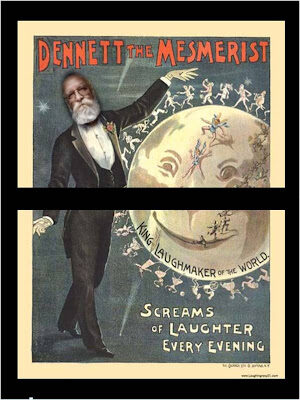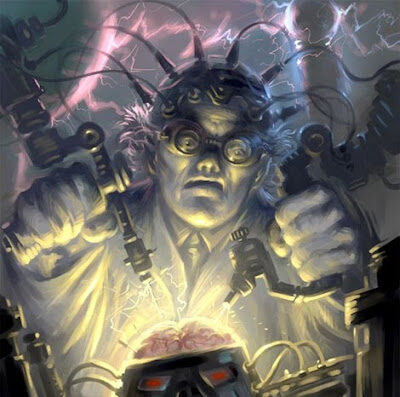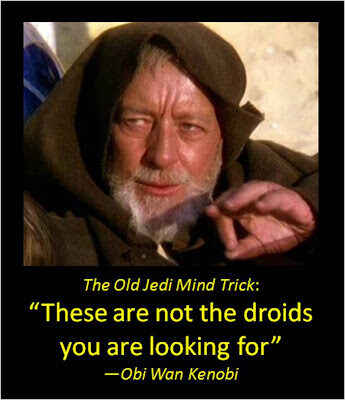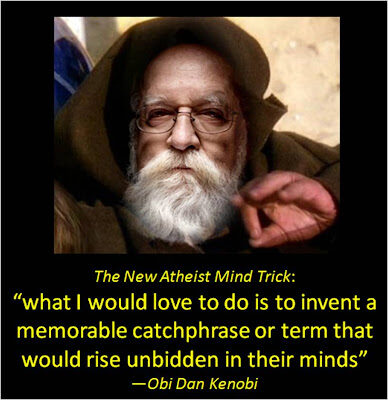On the DHDH Meme
When Richard Dawkins wrote, “faith is one of the world’s great evils, comparable to the smallpox virus but harder to eradicate” he was not, merely, being emotive and belligerent.
To the New Atheists the battle ground of ideas is not only a batter ground of ideas but is tantamount to each human brain being a petri dish which can either remain sterile when in quarantine or be infected by the contents of another dish.
FYI: this essay serves as a companion to The Desperation of the Deicidal, Memetic Eugenics and the Evolutionary Watchmen, part 1 & part 2
This view towards the infectious nature of ideas may be why the New Atheists are so taken with the tactic of emotionally charged arguments which rely on outrage, ridicule, superiority complexes, rebellion, gross fallacious and inaccurate generalizations, etc. This is also why they are generally so lacking in accurate retellings of or reliance upon logic, history, biblical knowledge, etc. If I may borrow Richard Dawkins’ manner of addressing the issue: since they are interested in infection they are not very concerned about via which entryway the infection attacks the organism—your brain—so long as it becomes a parasite.
Via unnatural selection / via human directed selection, they seek to establish themselves as arbiters of ideas, of memes. They will determine which are acceptable and which are to be eradicated.
John Gray noticed this tendency whilst considering Daniel Dennett’s book “Breaking the Spell – Religion as a Natural Phenomenon”:
The explanation [“a naturalistic explanation of religion”] turns out to be a variation on Richard Dawkins’s theory of memes – units of information whose competition somehow explains the development of thought. One problem with memes is that, unlike genes, they are not identifiable physical structures. Ideas are elusive things…It shows a sorry lack of cultural understanding to imagine that the baroque, say, can be reduced to a few simple structures.
In a postscript, Dennett defends memes against the criticism that they lack the clear identity of genes, but the real objection is that it is not a theory at all, as it fails to identify anything like a mechanism of cultural evolution. This is hardly surprising, given that there is nothing in the history of ideas that resembles natural selection in biology. Some ideas seem to be more contagious than others, but those which prevail are often the ones that have power on their side…Like other evolutionist ideologies, the theory of memes passes over the role of power in history.
The appeal of the theory is that it reduces the fertile chaos of human thought to objects that can be manipulated, and seems to open up the prospect of memetic engineering – consciously directing the intellectual evolution of the species by disseminating some memes and discouraging others. In previous books Dennett has hinted that human evolution could be directed in this way, with his own ideas helping to guide the process…
This humanist faith in progress is a myth no different in kind from the stories that are repeated in churches and temples. Myths are not primitive scientific theories that belong in the infancy of the species. They are symbolic narratives that give meaning to the lives of those who accept them. The chief difference between religious and secular believers is that, while the former have long known their myths to be extremely questionable, the latter imagine their own to be literally true.[1]
I understand that in his field of expertise the professor of philosophy Daniel Dennett is highly regarded. However, it is unfortunate for him that he hitched his wagon to the New Atheist star. This is because he tends to compromise his philosophic integrity in order to defend atheism.
For example, he argues that the atheist Joseph Stalin was, in reality, a theist since Stalin believed in a god that defined morality for Stalin and that god was Stalin (find his statements here). He argued this in order to maintain atheism’s self-professed spotless innocence while blaming “religion” even when the atrocities where performed by an atheist who premised their atrocities on atheism. The fact that by this “logic” every atheist is a theist seems to have been overlooked.
In any regard, Daniel Dennett hopes to, in the style of a mesmerist or by employing the old Jedi mind trick, to coin time released bullet-like memes (bullets in the grammatical “dot” sense) which will burrow their way into the brains of “religious” people and will activate upon the theist considering anything which does not accord to the particular atheist worldview which Dennett promulgates.
Note the following strategizing session between Richard Dawkins and Daniel Dennett (et al.):
Daniel Dennett: I think it may be easier than we’re supposing to shake peoples’ faith. There’s been a moratorium on this for a long time. We’re just the beginning of a new wave of explicit attempts to shake peoples’ faith. And it’s bearing fruit…
I think it’s a good thing to encourage and I don’t think we should assume that we can’t do this. I think we can.
Richard Dawkins: Yes, it’s almost patronising to suggest that we couldn’t and to suggest that it shouldn’t…
Daniel Dennett: …I would love to do is to invent a memorable catchphrase or term that would rise unbidden in their minds when they caught themselves doing it, and then they would think oh, this is one of those cosmic shifts that Dennett and Dawkins and Harris and Hitchens are talking about. Oh! right! and they think this is somehow illicit, just to create a little more awareness in them of what a strange thing it is that they’re doing.
Now, let us be careful and fair in dealing with the specific context of this particular snippet of their strategizing. The statement referenced people catching themselves “doing it” referred to cognitive dissonance:
Richard Dawkins: I think we all know people who seem to manage this kind of split brain feat of, as Sam [Harris] said, believing one thing on a Sunday and then something totally contradictory or, incompatible the rest of the week. And there’s nothing I suppose neurologically wrong with that, I mean there is no reason why one shouldn’t have a brain that’s split in that kind of way …
Daniel Dennett: But it is unstable in a certain way but, and I’m sure you’re right, that people do this and they’re very good at it, and they do it by deflecting attention from it. Let’s start focusing attention … [ellipses in original transcript]
I can certainly agree with them that there are such people and that it should be pointed out to them. From the person who amens “Thou shall not murder” on Sunday but votes for abortion on Monday to the philosopher and scientists who define people as nothing but happenstantial bio-organisms who are DNA reproducing machines but still claim (baselessly) human dignity (and this is pushing it as many of them do not even do this much). Yet, note that this concept is applicable to the manner in which they view ideas: infections, eradications, etc.
They want to implant brain bugs, via memes, that will rise unbidden and begin a struggle to survive as the fittest idea (while giving “Dennett and Dawkins and Harris and Hitchens” credit no less).
They are just beginning and it may be easier than supposed to shake peoples’ “faith” (whatever that is; to the atheist it is generally “belief without evidence” to the Bible it is trust as a result of a syllogism).
This is not only to be encouraged but to suggest otherwise (to propose a contradictory meme) is almost patronizing.
They seek to concoct succinct meme packages in the form of catchphrases which would alert them to the fact that “Dennett and Dawkins and Harris and Hitchens” have bequeathed something to be “illicit”—they are the authority on all things philosophic, scientific, etc.
Their movement is premised upon the viral battle of ideas, not the idea’s contents but the very concept of ideas. Now, when Richard Dawkins states something like, “let me plant one idea in your head”[2] it should make you think twice.
In short, and if I may again borrow Richard Dawkins’ manner of addressing the issue: they are carriers of the DHDH Meme (Dawkins, Harris, Dennett, Hitchens) and seek to infect the world.
[1] John Gray, “Atheists Are Irrational Too,” New Statesman, 20 March 2006
[2] Lisa Miller, “Darwin’s Rottweiler,” Newsweek, Sept 26, 2009




